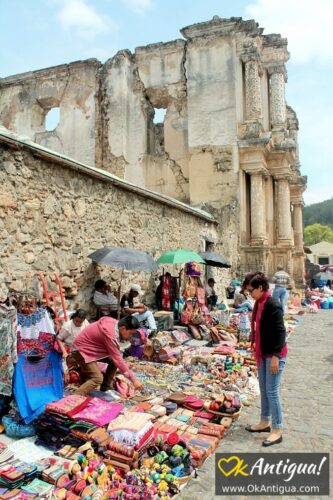 |
| Human Rights Watch honoured Steave Nemande of Cameroon |
¨Thank you for coming here tonight to support human rights, and to recognize that gay people have the same rights as anyone else.
I know this issue is still difficult even in this country. I know that gay people can’t marry in most states. Gay people might get the right to serve your country in the armed forces, if Congress agrees.
Believe me, I wish those were the issues we face in Cameroon. But, in Cameroon, as in most of Africa, homosexuality is still a criminal offense.
Last week, while Boris [Dittrich, Acting Director of Human Rights Watch's Lesbian, Gay, Bisexual, and Transgender (LGBT) Division] and I were at a meeting in Cameroon, I got a phone call. Three guys had been arrested — for being homosexual. Boris was shocked. But it happens all the time.
We went to the police station and found the men, who had spent more than 2 days behind bars, in a tiny cement cell filled with dirt and flies.
We asked for the police chief to meet us. After a discussion, he agreed to release the men.
It turned out the three had actually called the police because they were being threatened by their neighbors. But when the officers arrived, they arrested the gays — no warrant, no evidence of a sexual act. It happens like that all the time.
So, after our intervention, these men were released — and without even paying off the cops! That might sound like a happy ending. Not in Cameroon. Those men had to leave their home, their neighborhood, their community, to escape the stigma of homosexuality. They will have to try to make a new secret life somewhere else.
People often justify discrimination and abuse of homosexuals by saying, “It’s against the law.”
What does this mean? If you are gay in Cameroon, you never feel safe. Any person can simply denounce you as gay and that’s it, that’s the end of your life as you have known it.
Not very many people in Cameroon are openly gay. I am one of the few. I’m lucky to have a father who supports me. He is also a doctor, and we understand each other very well. Many gay people in Africa do not have the support of their family. They are living in hiding. Many gay men are married, or have girlfriends. Women kiss and hold hands on the street without attracting too much attention, but if their families know they are lesbians, they may be beaten or chased away without the right to see their children ever again.
This attitude also has public health consequences. Living in secrecy, gay people are afraid to tell their doctor who they are and have no access to the right information. Not practicing safer sex, they spread HIV more easily.
All over Africa, millions of people are living in fear of violence and death simply because of who they are.
We will not overcome the homophobia in Africa overnight. But we have to start the process. The United States can help by telling its partners in Africa to stop abusing homosexuals — and to change these laws.
Alternatives Cameroun worked with Human Rights Watch to document the violence that gay men and lesbian women in Cameroon suffer. We put that information on the record, because no one wants to believe these things are happening. Everyone wants to turn a blind eye.
I am grateful that you want to hear my voice calling for equal rights. I see this award as a recognition of the wonderful and important work of people who want to improve the life of lesbians and gay people in Africa. And I thank Human Rights Watch for being such a committed partner and strong trustworthy supporter.¨ HERE
· Thanks to African Activist, sidebar
· Thanks to Steave Nemande of Cameroon
· Thanks to Human Rights Watch
· Thanks to Boris Dittrich
· Thanks to Amplifying Africa's Lesbian, Gay, Bisexual, Transgender and Intersex (LGBTI) Voices


























_-_James_Tissot_-_overall.jpg)















No comments:
Post a Comment